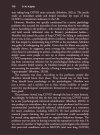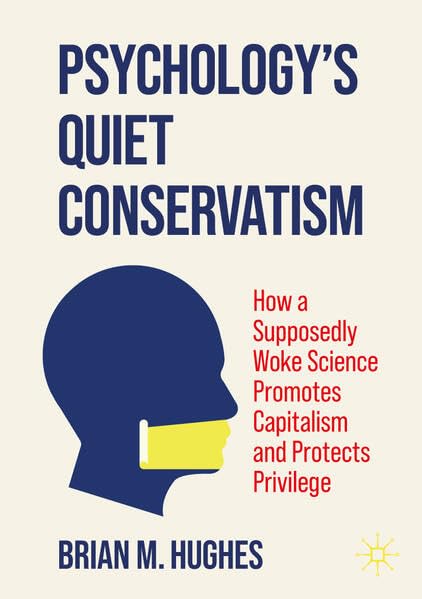Nightsong
Senior Member (Voting Rights)
Brian Hughes has a new book out called "Psychology's Quiet Conservatism" (Amazon link; for those with academic access, the chapters are also downloadable here).
The Monbiot/LC/Sharpe story is discussed in ch14 ("Hierarchies and Hysteria"), and ME/CFS also makes an appearance in ch21 ("Pathology and Protectionism"), with an account of the NICE guideline and the politics of the biopsychosocial model.
(I have not been able to read through properly, just search, but at first glance it seems an interesting exploration of the intersection of psychology and politics.)
The Monbiot/LC/Sharpe story is discussed in ch14 ("Hierarchies and Hysteria"), and ME/CFS also makes an appearance in ch21 ("Pathology and Protectionism"), with an account of the NICE guideline and the politics of the biopsychosocial model.
(I have not been able to read through properly, just search, but at first glance it seems an interesting exploration of the intersection of psychology and politics.)
Last edited:



